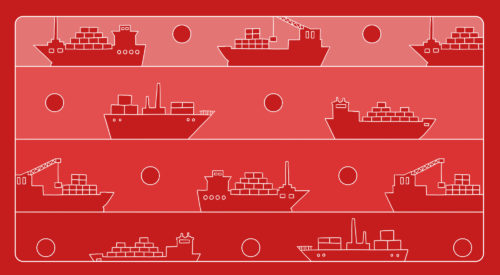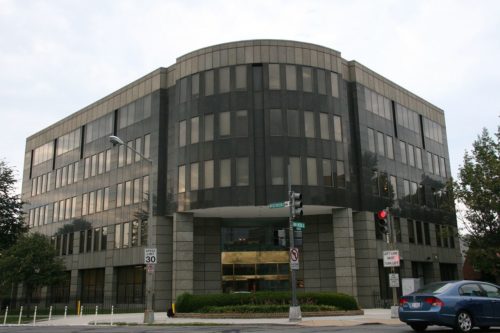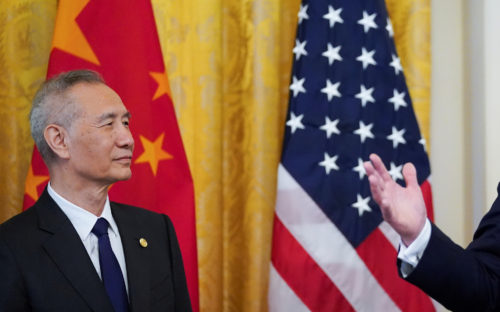Trade war, day 175: Qualitative measures and detained Canadians

The slow news cycle of the festive season continues, interrupted by bits and pieces of news about the trade war, or what many — such as Adam Segal at the Council on Foreign Relations — are calling the “technology cold war.” A summary of today’s reports:
Huawei and Canadians in China
- “A Chinese court will try a Canadian citizen on drugs charges on Saturday, a government-run news portal said, in a case that could further test already difficult relations between Beijing and Ottawa,” reports Al Jazeera. Although the Chinese government has not made an explicit connection between the case and the arrest of Huawei CFO Mèng Wǎnzhōu 孟晚舟, a concerted state media propaganda blast about the alleged drug dealer makes it clear that Beijing is linking the two.
- The first two Canadians detained in China after Meng’s arrest were effectively identified by Beijing as hostages as early as December 13.
- Donald Trump is considering a new executive order in the new year “to declare a national emergency that would bar U.S. companies from using telecommunications equipment made by China’s Huawei and ZTE,” reports Reuters.
- Huawei’s troubles have not dramatically affected its bottom line, yet. Reuters reports that Huawei expects its 2018 revenues “to rise 21 percent despite international scrutiny.”
The trade war and its effects
- “China is finding new ways to hurt U.S. businesses,” reports Politico. “Tougher regulations, surprise inspections and other bureaucratic moves are hampering U.S. exports amid the trade war.” The China Project predicted this would happen, and we designed a T-shirt in honor of the practice: “Qualitative measures” (质量型的措施 zhìliàng xíng de cuòshī) are the ominously vague non-tariff retaliations that China has threatened — and is now apparently carrying out — against the U.S.
- Deputy U.S. Trade Representative Jeffrey Gerrish will lead a U.S. government delegation to Beijing in the week of January 7 “to hold trade talks with Chinese officials, two people familiar with the matter said,” reports Bloomberg (porous paywall).
- “Beijing has vowed to ensure equal treatment and intellectual property protection for overseas firms operating in China, according to the full text of its draft foreign investment law — its latest move to address long-standing complaints,” says the South China Morning Post. Many observers remain unimpressed.
- “California grapes get harvested into the fall, but in December — as those supplies dissipate — the U.S. turns to Chile for fresh fruit,” reports Bloomberg (porous paywall). But this year, reduced demand from China has led to plenty of leftover domestic inventory, with the result that “Chile, the world’s biggest exporter of table grapes, fresh blueberries, plums and cherries, is being forced to seek out alternative destinations.”
- “China’s soybean imports from the United States plunged to zero in November, marking the first time since the trade war between the world’s two largest economies started that China, the world’s largest soybean buyer, has imported no U.S. supplies,” reports Reuters. China has reportedly lined up at least 3 or as much as 5 trillion tonnes of soybean imports from the U.S. since the tariff “truce” on December 1, but this is still less than half of what many traders said they had hoped for.
Previously in The China Project’s trade war coverage:
https://thechinaproject.com/2018/12/20/trade-war-day-168-fresh-accusations-of-stolen-technology-but-no-sanctions-yet/






